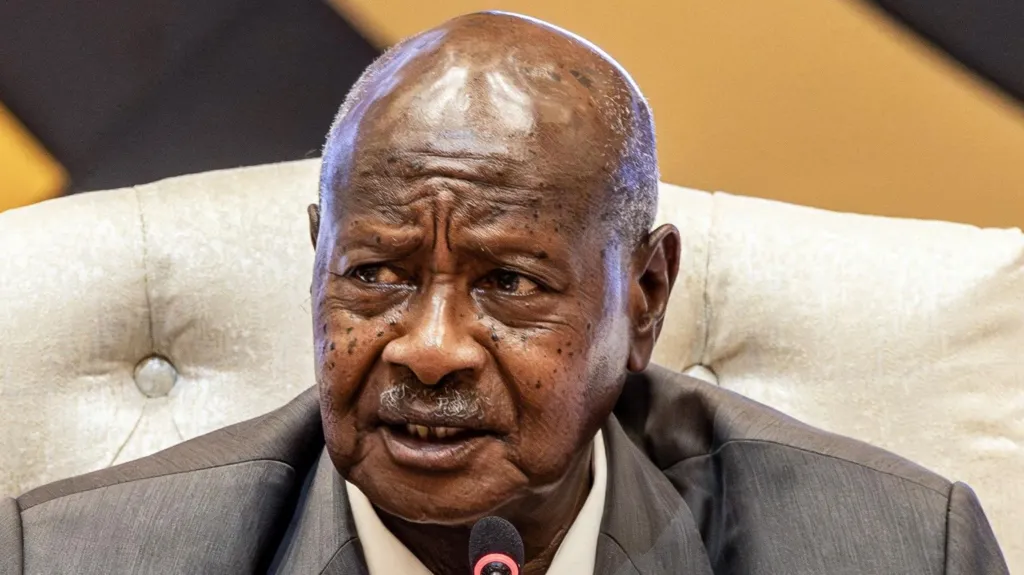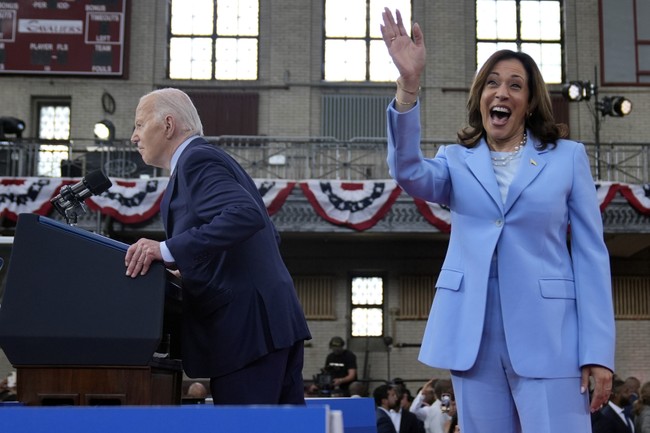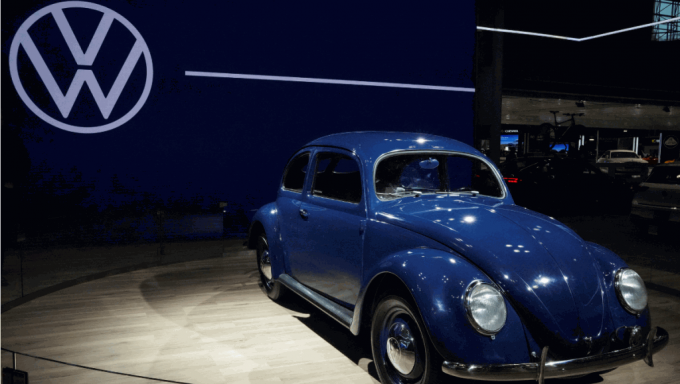Tensions Rise in Uganda Ahead of Anti-Corruption Protests
As Uganda braces for a major anti-corruption march to parliament, the government takes drastic measures to counter dissent, highlighting deep divisions in the East African nation.
Published July 23, 2024 - 00:07am

Image recovered from myjoyonline.com
Uganda's President Yoweri Museveni has issued a stark warning to young Ugandans organizing an anti-corruption march, declaring that they will be playing with fire if they move ahead with their plans. The president's televised address comes amid rising tensions as activists gear up for a large-scale demonstration targeting government corruption.
Young Ugandans, inspired by successful protests in neighboring Kenya that compelled President William Ruto to abandon proposed tax hikes, are using social media to organize the march. They demand sweeping reforms and an end to entrenched corruption practices. However, Museveni, who has been in power since 1986, has made it clear that the government will not tolerate such protests.
In an effort to thwart the demonstration, Ugandan security forces have surrounded the headquarters of the National Unity Platform (NUP), the country's main opposition party, led by Robert Kyagulanyi, commonly known as Bobi Wine. According to Wine, security personnel have barred anyone from entering or exiting the premises and have arrested several NUP leaders. The regime is so afraid of the people because they know how much they have wronged them, he said.
President Museveni has accused the protest organizers of colluding with foreign entities to create chaos in Uganda but did not provide specific details. These accusations reflect a broader narrative used by his administration to discredit opposition movements and maintain control. We are busy producing wealth,... and you here want to disturb us, Museveni remarked, emphasizing the government's focus on economic stability and growth.
Security measures have intensified ahead of the march, with police and military forces blocking roads and surrounding key opposition sites. In a statement, police spokesperson Kituuma Rusoke justified the heavy security presence as a precautionary measure. We have been monitoring their activities, ... and we took precautionary steps, he asserted.
Despite these measures, protest leaders remain defiant. Louez Aloikin Opolose, one of the main organizers, stated that they do not need police permission to hold a peaceful demonstration, invoking their constitutional rights. Similarly, prominent figures like Shamim Nambasa have affirmed their commitment to marching to parliament, undeterred by the government's stance.
The Ugandan authorities' handling of the planned protest has drawn parallels with recent events in Kenya, where President Ruto also faced significant opposition. In Kenya, at least 50 protesters have been killed and hundreds injured in clashes with security forces since the protests began in June. Similar charges of excessive use of force have been leveled against Ugandan police and military in past demonstrations.
Opposition leaders and human rights activists contend that systemic corruption remains pervasive in Uganda, with high-level officials often shielded from prosecution due to political connections. Some government ministers, including Mary Goretti Kitutu and Agnes Nandutu, have faced charges related to corruption, but many believe such cases are exceptions rather than the norm.
Bobi Wine has been at the forefront of challenging Museveni's dominance, emerging as a significant political force since transitioning from pop star to politician. Wine and his party have frequently faced repression, including arrests and violent crackdowns, yet continue to advocate for democratic reforms and transparent governance.
As the protest day approaches, President Museveni has proposed alternative sites for demonstrations, suggesting places like Kololo Independence Grounds on less busy days such as Sundays to prevent disruptions in Kampala. However, such proposals have been dismissed by organizers, who argue that the visibility and impact of their message lie in public and central locations.
Western governments, including the UK and US, have imposed sanctions on Ugandan officials accused of corruption, further straining relations. These sanctions include travel bans and asset freezes, signaling international disapproval of the current administration's practices.
While Uganda's government maintains that it prosecutes corruption where evidence exists, the opposition and many citizens doubt the effectiveness and impartiality of these efforts. With the upcoming protest, Uganda finds itself at a critical juncture, with the potential for significant political upheaval and further international scrutiny.
As the world watches, the outcome of Uganda's anti-corruption march will be a decisive moment in the nation's struggle against corruption and for democratic freedoms. The government's response and the resilience of the protesters will likely shape Uganda's political landscape for years to come.





